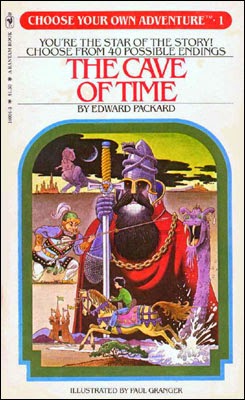One of the neat things about adventure stories is that a lot
of them involve the same basic plot, at least at the beginning. From “Robinson Crusoe” to “The Swiss Family
Robinson” to the television show “Gilligan’s Island” and the movie “Castaway”,
fictional characters have been getting stranded on deserted islands for
literally hundreds of years. While the
basic premise might be the same, each character’s circumstances are slightly
different, which can make each story awesome in its own way. The latest stranded-on-a-desert-island epic comes
from award-winning author S.A. Bodeen, and she does a great job of continuing
this tradition of adventure.
Sarah Robinson has enough to deal with when her widower
father, John, decides to get married again.
His new wife Yvonna moves in with her two sons, Marco and Nacho, and the
kids have a difficult time getting used to one another. In an attempt to bring all the kids together,
John and Yvonna decide to take them along on their vacation to Tahiti. It’s a great idea, but the plan quickly falls
apart when their “luxury cruise liner” turns out to be a rickety old boat. To make matters worse, the Robinson family is
sailing into a monster storm. You can
pretty much guess what happens next…but you’ll have no idea what’s waiting for
the Robinson family when they become stranded!
I don’t want to give away too much of the plot, but this
adventure story quickly turns into a mystery with a lot of suspense. My impression is that “Shipwreck Island” is
going to turn into a series of adventure novels, so here’s your chance to get
in on the ground floor by reading the first book when it comes out this month. On another note, I really appreciated the way
that the author chose to write her story about a blended family with kids from
different parents. But even though the
author is portraying a “modern” family, I thought it was so cool that she
followed in Johann David Wyss’ footsteps by giving her family the last name of Robinson! Way to go, Ms. Bodeen!
One last thing I feel I should mention: a lot of people might question why I chose to
review this book when the character who gets the most attention is actually a
girl! Please try to remember that this
project wasn’t necessarily designed to highlight books about boys, but to find
books that boys like. If you keep an
open mind going into this one, I guarantee you’ll agree with me that Sarah
Robinson would be a pretty awesome friend to be stranded with…even if she is a
girl!
For more information on S.A. Bodeen’s other books, be sure
to check out her
website.

























